News
-
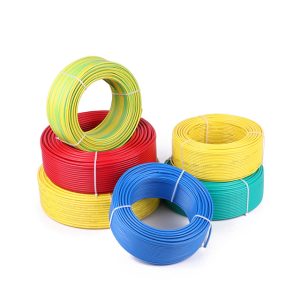
What is an environmentally friendly cable?
Read moreWhat is an environmentally friendly cable and what are its characteristics? Environmentally friendly cables refer to cables that do not contain heavy metals such as lead, cadmium, hexavalent chromium, mercury, etc., do not contain brominated flame retardants, do not produce harmful halogen gases, do not produce corrosive gases, generate less heat when burned, and do […]
-
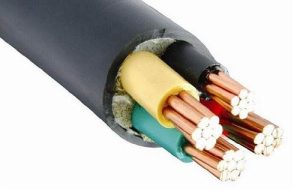
What is difference between low smoke halogen free cable and mineral insulated cable?
Read moreLow smoke halogen free cable and mineral insulated cable are two different types of cables; The editor will share with you a comparison between low smoke halogen-free cables and mineral insulated cables in terms of materials, characteristics, voltage, usage, and price. 1. Comparison of Cable Materials Low smoke and halogen-free cable: rubber insulation without halogen […]
-
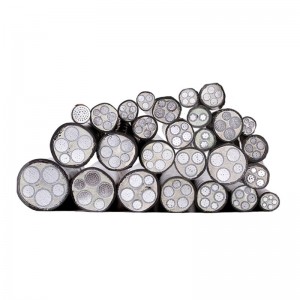
What are the disadvantages of aluminum wire?
Read moreWhen renovating, some people will choose wires of different sizes according to the power consumption. However, after the renovation is completed, circuit overload and other problems often occur. So where is the problem? The main reason is that they use aluminum wire or copper-clad aluminum wire. What is the difference between copper wire and aluminum […]
-
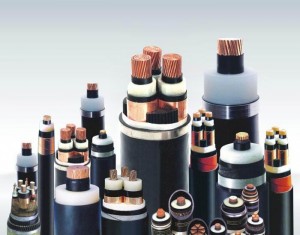
How to choose cable cross-sectional area?
Read moreIn electrical design and technical transformation, electrical personnel often do not know how to scientifically select the cross-sectional area of cables. Experienced electricians will calculate the current based on the electrical load and select the cross-sectional area of the cable very simply; The union selects the cable cross-section based on the electrician’s formula; I would […]
-
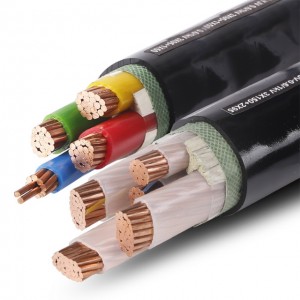
The difference between YJV cable and YJY cable
Read moreBoth YJY and YJV are wire and cable products commonly used in engineering and construction, and are used for power transmission lines. However, the models and specifications of the two are different. Is there any difference in the material and price of the sheath? Below, the editor will share with you the differences between YJY […]
-
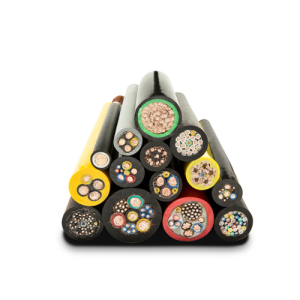
What is specialty cable? What is its development trend?
Read moreSpecialty cable is a cable used in special environments or specific applications. They often have special designs and materials to meet specific requirements and provide higher performance and reliability. Specialty cables can be used in a variety of industries, including aerospace, military, petrochemicals, medical equipment, and more. These cables may have properties such as fire […]
-

What is difference between XLPE cable and PVC cable?
Read moreXLPE cables and PVC cables are two commonly used cable types that are widely used in various industries and applications. Although both types of cables are used to transmit electrical power, they differ in terms of insulation materials, performance characteristics and applications. Insulation Materials: XLPE Cable: XLPE (cross-linked polyethylene) cables have insulation made of cross-linked polyethylene. It undergoes […]
-
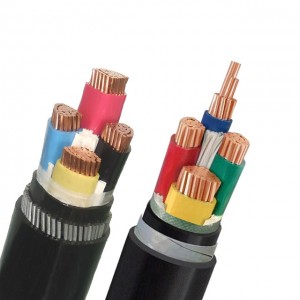
Types Of Armoured Cable?
Read moreArmoured cables are used in a wide variety of industries and applications that require enhanced protection from physical damage, moisture, and other environmental elements. These cables are designed with an additional layer of metal armor, usually made of steel or aluminum, which provides increased mechanical strength and durability. There are many types of armored cable […]
-
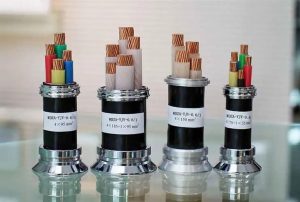
Advantages and application places of power cables
Read moreThe advantage of power cables is that they can transmit large amounts of power, making it feasible to transport them over long distances. Compared with traditional aerial lines, power cables have the following advantages: Low energy consumption: Since it is laid underground or underwater, it will not be affected by weather conditions and the external […]
-
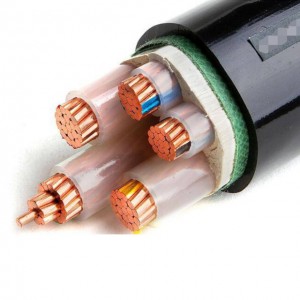
Why Is Copper A Good Conductor Of Electricity?
Read moreDue to its excellent electrical conductivity, copper is a widely used metal in various electrical applications. It has several physical and chemical properties that make it an ideal conductor of electricity. First, copper has high electrical conductivity. Conductivity refers to the ability of a material to carry an electric current. Copper has one of the […]




